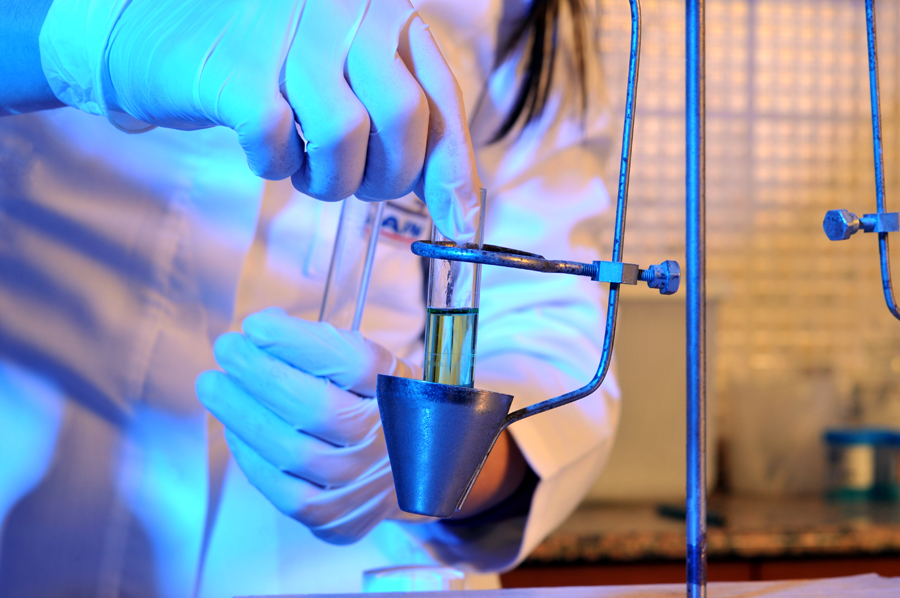Translational research, which aims to bring new discoveries to the clinic to help patients as quickly as possible, is the hallmark of the investigative efforts of Roswell Park’s Leukemia Team. It begins in the laboratory, where researchers define an aberration within a cell and strive to correct it, an endeavor that has led to the development of many medications we use today. Roswell Park researchers are investigating a number of pathways in leukemia, and this work has already led to several clinical studies for Roswell Park patients.
Currently we are investigating:
- The role of signal transducer and activator of transcription in leukemogenesis; cellular and humoral immune response to leukemic associated antigens; and cytogenetics in AML and ALL
- The role of angiogenesis and hypoxia in promoting acute leukemia; and the genetic analyses of leukemias.
- The etiology of MDS and unexplained anemia (UA) of aging; the role of mitochondrial DNA (mtDNA) mutations in immunosenescence; and the role of mtDNA mutations in the development of MDS and UA.
- Epigenetic changes in leukemia and myelodysplastic syndromes, and novel therapeutics for elderly patients with Acute Myeloid Leukemia
- Novel therapies for hematologic malignancies; oxidative stress mechanisms in hematologic malignancies; and erythropoiesis and hypoxia.

Vitamin D and Leukemia
Prior research at Roswell Park has indicated that low vitamin D levels are associated with poorer outcomes for acute myeloid leukemia. We are currently assessing the effect of vitamin D supplementation in this patient population.
Hematologic Procurement Facility
This facility allows Roswell Park to collect and bank tissue samples from all patients with hematologic malignancies. We study these samples to better understand characteristics of individual patients’ disease, and this leads to new findings and the development of better clinical studies for leukemia patients.
